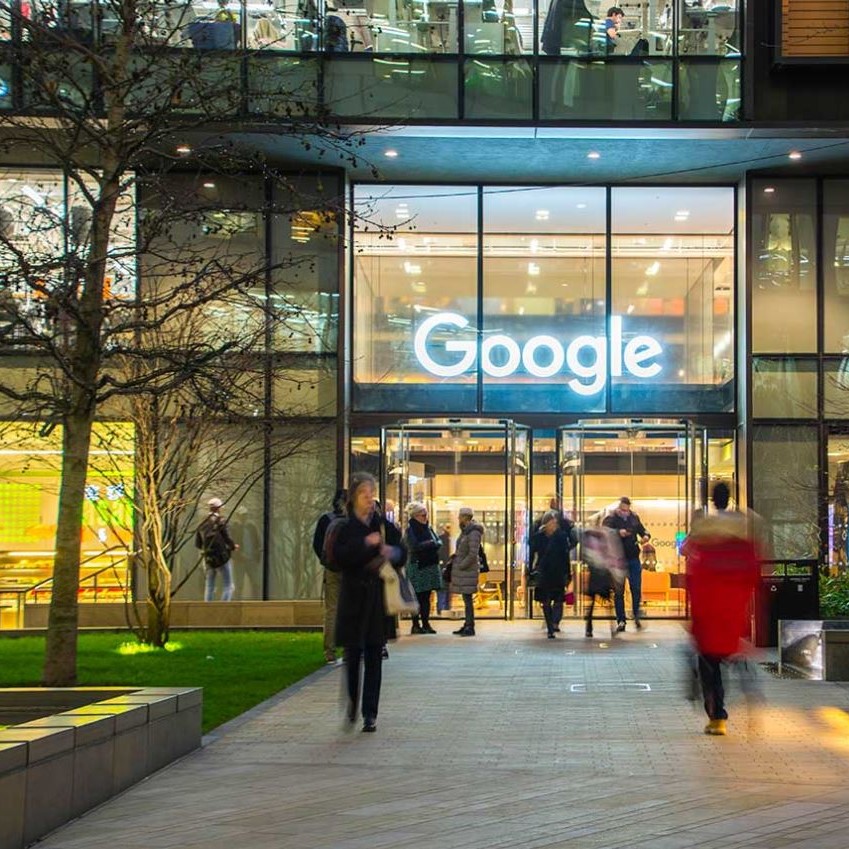To provide the best experiences, we use technologies like cookies to store and/or access device information. Consenting to these technologies will allow us to process data such as browsing behaviour or unique IDs on this site. Not consenting or withdrawing consent, may adversely affect certain features and functions.
The technical storage or access is strictly necessary for the legitimate purpose of enabling the use of a specific service explicitly requested by the subscriber or user, or for the sole purpose of carrying out the transmission of a communication over an electronic communications network.
The technical storage or access is necessary for the legitimate purpose of storing preferences that are not requested by the subscriber or user.
The technical storage or access that is used exclusively for statistical purposes.
The technical storage or access that is used exclusively for anonymous statistical purposes. Without a subpoena, voluntary compliance on the part of your Internet Service Provider, or additional records from a third party, information stored or retrieved for this purpose alone cannot usually be used to identify you.
The technical storage or access is required to create user profiles to send advertising, or to track the user on a website or across several websites for similar marketing purposes.
![]() The overwhelming majority (84 percent of workers) would like their organisations to offer more flexible hours of work, whether that’s time to suit personal needs, or the occasional early finish, according to a new report from Totaljobs. While employees have the legal right to request flexible working from their employer regardless of their existing contract, some companies have already built greater flexibility into their employer offering. Some go one step further with “agile working”, whereby employees can work from any location, at any time, by utilising appropriate technology. (more…)
The overwhelming majority (84 percent of workers) would like their organisations to offer more flexible hours of work, whether that’s time to suit personal needs, or the occasional early finish, according to a new report from Totaljobs. While employees have the legal right to request flexible working from their employer regardless of their existing contract, some companies have already built greater flexibility into their employer offering. Some go one step further with “agile working”, whereby employees can work from any location, at any time, by utilising appropriate technology. (more…)










 New data from
New data from 











 According to
According to 








July 5, 2019
Closing the gender pay gap needs more than final ideas of Theresa May
by Sarah King • Comment, Workplace